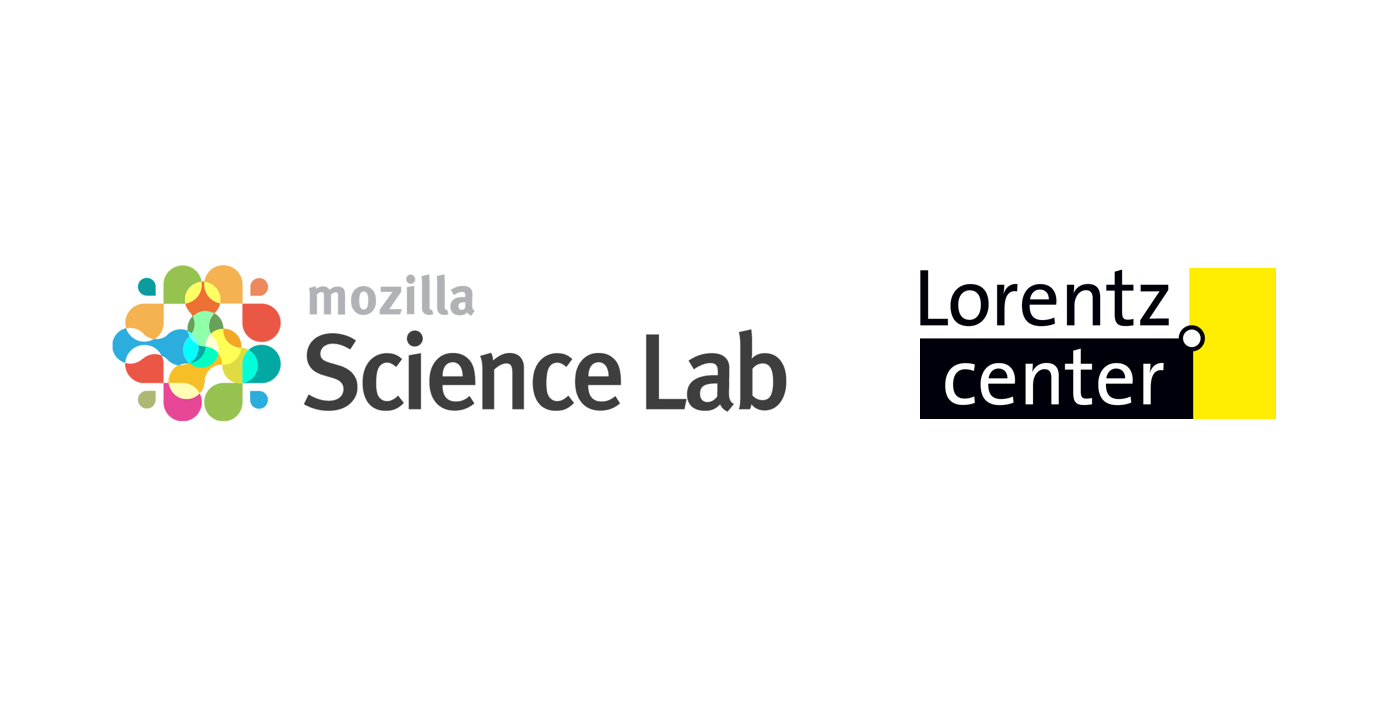
Avengers for Better Science!
Avengers for Better Science is a workshop organized to support young researchers committed to building an inclusive, open and ethical academia. The event will focus on communities related to machine learning and life science.
We will spend five days doing science and learning from each other, in a form of a workshop (with a lot of unconference and hackathon elements). Rather than listening to talks, the organizers provide a context, in which other participants learn from each other while doing online and/or offline activities. Each day will be dedicated to a specific theme.
To achieve our goal of bringing early career researchers from several disciplines together, we will work towards a common deliverable - an open source lab/group/community manual.
Venue and logistics
The workshop will take place at the Lorentz Center in Leiden, The Netherlands
We will start at 12h00 on Monday, 28 October, and end at 13h00 on Friday, 1 November.
Coffee, tea, refreshments and lunch will be provided throughout the week.
More info about logistical aspects will be given closer to the event date.
Program
To achieve our goal of bringing early career researchers from several disciplines together, we propose to work towards a common deliverable - an open source lab/group/community manual, which can be used both by workshop participants and others. Each day of the workshop will be dedicated to one theme. Each day will start with the chair introducing the theme. Then we will have one or more talks on specific issues related to the theme. The remainder of the time will be reserved for small groups working together in an unconference/discussion format, and contributing to the manual. On the last day we will review our manual and discuss future plans.
The preliminary schedule is as follows (check again soon for updates):
| Day, date | Topic & Chairs | Planned Talks |
|---|---|---|
Monday, 28 October |
Diversity & inclusion, chaired by Aidan Budd and Tania Allard |
Emily Denton: Power, equity and inclusion in AI Malvika Sharan: Actionable ways to improve inclusivity in your community |
Tuesday, 29 October |
Self-care & productivity, chaired by Veronika Cheplygina |
Emma Kaywin: Trauma & Self-Care Emma Kaywin: Microaggressions |
Wednesday, 30 October |
Community & mentoring, chaired by Natalia Bielczyk |
Natalia Bielczyk: Self-management & Mentoring Natalia Bielczyk: Transferrable skills & Moving outside academia Emma Kaywin - Conflict Resolution When You Have Less Power Nikola Stikov: Community building through peer-reviewed outreach |
Thursday, 31 October |
Open science, chaired by Stephan Heunis |
Nikola Stikov: Science communication and open publishing Mitko Veta: Medical image analysis competitions |
Friday, 1 November |
Wrap-up day |
Wrapping up discussions/projects started during the week Hacking together on the lab manual Discussing future plans |
Speakers
Tani is a Developer Advocate for Microsoft, and over the last few years, she has held roles as Research Software Engineer and Data engineer in both the academic and private sector. Before this, she conducted research on control systems for implantable drug delivery devices and completed a PhD in computational materials science at the University of Manchester. During the course of her PhD, she became aware of the importance of developing open and sustainable scientific software as well as of the needs for reproducibility guidelines and incentives in computationally intensive scientific areas. As such she became an advocate for software development best practices and open software and data.
Natalia Bielczyk is completing her Phd thesis within the Donders Graduate School, Donders Institute for Brain, Cognition and Behavior, Nijmegen, the Netherlands. Her research concerns developing new methods for connectomics in the domain of cognitive neuroimaging, i.e. for functional and effective connectivity research. She also currently holds a position of a Career Development and Mentoring Manager within the Organization for Human Brain Mapping Student and Postdoc Special Interest Group. In 2018, Natalia has established Stichting Solaris Onderzoek en Ontwikkeling, a foundation which is oriented at assisting in transfers between academia and industry, and providing an extra mentoring and career coaching to the researchers.
Currently, Natalia works as a freelancing career-building educator for young researchers, and she is involved in a few industrial projects, mostly oriented at connecting professionals and helping small businesses to grow. She is also currently serving as an eLife Associate, and she is curating an online forum for eLife Ambassadors - an international network of early career researchers in the natural sciences who are preparing for leadership roles in the future.
Aidan is a white cisgender heterosexual allosexual alloromantic abled middle-class man. His pronouns are he/him. For the last ten years, his work has focused on community building, training, and administration for projects in bioinformatics. Currently he is Head of ELIXIR-UK Node Coordination Office for the Earlham Institute, in Norwich, UK. He works from home in a small village in Germany. Two of his publications that might be of interest for this workshop focus on building successful bioinformatics communities and running unconferences for researchers. For links to more information check out Aidan’s site.
Veronika Cheplygina is an assistant professor at the Medical Image Analysis group, Eindhoven University of Technology since February 2017. She received her Ph.D. from the Delft University of Technology for her thesis “Dissimilarity-Based Multiple Instance Learning“ in 2015. As part of her PhD, she was a visiting researcher at the Max Planck Institute for Intelligent Systems in Tuebingen, Germany. From 2015 to 2016 she was a postdoc at the Biomedical Imaging Group Rotterdam, Erasmus Medical Center. Her research interests are centered around learning scenarios where few labels are available, such as multiple instance learning, transfer learning, and crowdsourcing. Next to research, Veronika blogs about academic life at veronikach.com
Emily Denton is a Research Scientist in Google’s Research and Machine Intelligence group where she examines the societal impacts of AI technology. Her research focuses on how patterns of historical injustices get encoded in data and reproduced by technologies built from this data. Prior to joining Google, Emily received her PhD in machine learning from the Courant Institute of Mathematical Sciences at New York University in 2018. Emily has been awarded a Google Fellowship in Machine Learning and enjoyed support by the Natural Sciences and Engineering Research Council of Canada (NSERC). Emily also volunteers with Out in Tech U’s mentorship program, where LGBTQ+ students work on projects with professional mentors over the course of 8 week semesters.
Stephan Heunis worked as a project and software engineer in multiple industries before moving to Europe with the goal of studying neuroscience. Currently, Stephan is a researcher and Phd candidate at the Electrical Engineering department of the Eindhoven University of Technology in the Netherlands. His research focuses on developing new acquisition and signal processing methods for functional neuroimaging that allow the tracking and visualisation of distributed brain activity patterns in real-time, i.e. while someone is inside an MRI scanner, and applying this in clinical practice. Stephan is passionate about making research and scientific practice more transparent, rigorous and inclusive. He started the Open Science Community Eindhoven, which is part of a wide Dutch network of researchers and university employees, that focuses on improving scientific practice. He is also the founder of OpenMR Benelux, a community working on wider adoption of open science principles in MRI research through talks, discussions, workshops and hackathons. Stephan blogs and shares code and tutorials at fMRwhy.com.
Emma Kaywin is a sexual health educator, writer, and activist based in Brooklyn, NY. Her background is in HIV writing and education, most recently working at the Mount Sinai Institute for Advanced Medicine as their Program Manager for Development, Communications, and the Peer Program. For two years, she was the sexual health columnist for Bustle.com. She is the consent co-lead for the DC-based arts nonprofit Meso Creso and the consent and mediation lead for House of Yes. Through these and other roles, Emma delivers consent and sexual safety workshops to individuals nationwide. She is currently working towards a doctorate in health education at Teachers College of Columbia University, where she is researching how communities are developing consent and safety protocols to create more welcoming spaces.
Malvika is a computational biologist at the European Molecular Biology Laboratory (EMBL), Heidelberg, Germany, where she coordinates the Bio-IT project, a community-driven platform for bioinformaticians at EMBL. She organizes training activities and events for EMBL, de.NBI/ELIXIR Germany and other open source communities such as The Carpentries. Through her work as a community outreach coordinator, she aims to sustain open, inclusive and collaborative bioinformatics communities.
Dr. Nikola Stikov is associate professor of biomedical engineering, a researcher at the Montreal Heart Institute, and co-director of NeuroPoly, the Neuroimaging Research Laboratory at École Polytechnique, University of Montreal. His research runs the gamut of quantitative magnetic resonance imaging, from basic issues of standardization and accuracy, to biophysical modeling, microstructural imaging and clinical applications.
Dr. Stikov has been awarded the Stanford Electrical Engineering Outstanding Service Award in 2003, and the Stanford University Centennial Teaching Assistant Award in 2007. He is also the founder of MRBalkan.org, and has organized several international conferences for magnetic resonance imaging under the auspices of the International Society for Magnetic Resonance in Medicine (ISMRM). In 2014 Dr. Stikov was elected Junior Fellow of the ISMRM, and in 2015 he joined the editorial board of the journal Magnetic Resonance in Medicine (MRM), spearheading the journal’s Highlights initiative. Continuing with his science outreach activities, in 2016 Dr. Stikov established the official blog of the Organization for Human Brain Mapping (OHBM), and in 2018 he became chair of the communications committee of the Canadian Open Neuroscience Platform (CONP).
Mitko Veta is an assistant professor at the TU/e research group Medical Image Analysis, department of Biomedical Engineering. His research concerns the design, implementation and evaluation of image analysis methods for histopathology images and digital slides. Currently his focus is on the development and application of deep learning methods for medical image analysis. The research aims to develop automatic quantitative histopathology image analysis algorithms that will increase the reproducibility and accuracy of pathology reporting and reduce the workload of pathologists. This will lead to better treatment planning for the patients and reduction of healthcare costs.
Registration (closes 31 August 2019)
So you want to join the workshop? You’re at the right place!
The registration deadline is 31 August 2019. We will notify all applicants by 7 September 2019.
Apart from some basic information, we ask you to please provide a motivation for why you’d like to attend the workshop (max 200 words / 1200 characters). Ideally, we’d like to welcome everyone interested in joining, but unfortunately our spaces are limited, so we’d like to give opportunities to a diverse group of deserving individuals who can contribute to and learn from the workshop.
We have around 15 available spots, but we can only offer 4-5 travel grants to participants who need financial help the most. Please indicate in your motivation if this is the case.
We will announce the list of successful applicants and travel grant recipients by 7 September 2019.
Sponsors and partners
